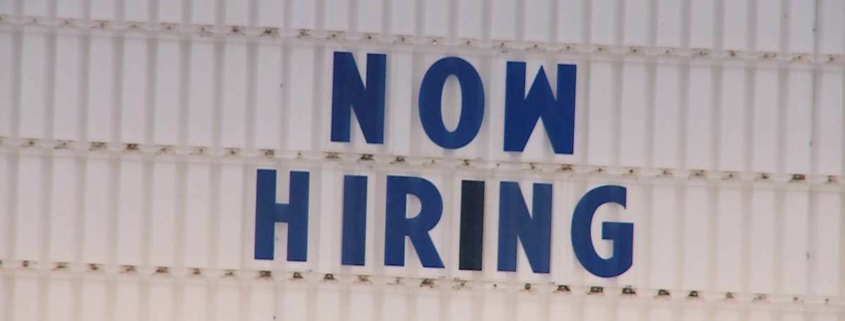Workforce Woes Continue in SC
South Carolina businesses continue to suffer from workforce-related issues. From a national workforce shortage to a growing skills gap, Palmetto State employers do their best to keep their factories, stores, and operations staffed. The Post and Courier recently reported on manufacturers’ struggles to find qualified workers who can pass a drug test and background check in a stagnant and shrinking labor pool.
The article explained that companies are eligible for lower insurance premiums for complying with the State of South Carolina’s Drug-Free Workplace Act and that any company that accepts incentives must comply with all local, state, and federal laws, including the Drug-Free Workplace Act. The act lists marijuana as a banned controlled substance in South Carolina. Quest Diagnostics’ most recent Drug Testing Index showed that 4.6 percent of job seekers tested positive for drug use in 2022, and most were related to marijuana. Drug tests are becoming a more prevalent barrier for employees to achieve and retain jobs as drug use rises across the country, especially marijuana.
Additionally, background checks continue to be a barrier for many in the state’s workforce. The S.C. Department of Employment and Workforce’s Labor Force Participation Task Force uncovered that a criminal record was the tenth largest barrier – 11 percent of respondents – for those who are not working and able to. South Carolina leaders are working to reduce this barrier with legislation such as H.3605 to make occupational licenses more attainable for previously incarcerated individuals, which was signed into law on May 10, 2023.
Drug tests and background checks are not the only nor the most significant barriers for South Carolinians. Transportation, childcare, training, healthcare affordability, and many other obstacles keep our available workforce out of the market. The SC Chamber continues to look for ways to strengthen and grow the state’s workforce and labor force participation rate by working with businesses, partners, and other groups to identify and push for solutions that help the state’s business community have the workforce they need to be prosperous.



